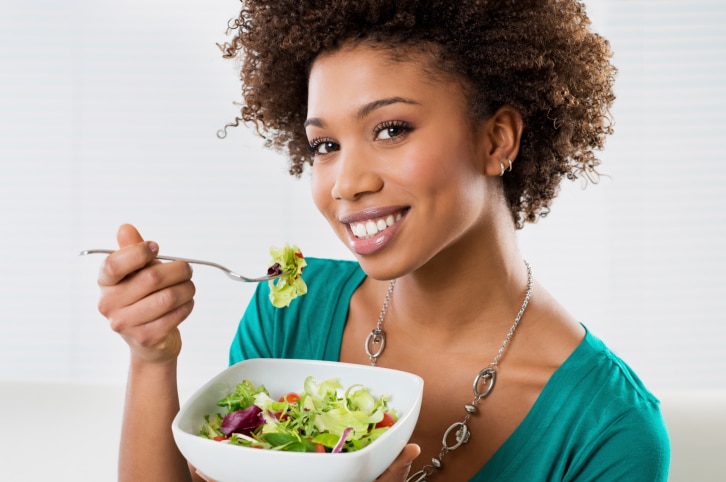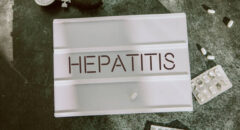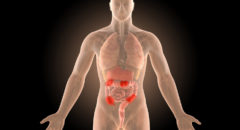
According to the Center for Disease Control and Prevention, approximately 25 percent of people with HIV are also living with hepatitis C. The combination makes treatment difficult since the medications often don’t agree with each other, worsening one of the viruses as a result. Because hepatitis C could take months to show up in your bloodstream, it’s important to get tested regularly. However, if you’re already been diagnosed with HIV and hepatitis C, liver damage can occur.
But even if you don't have any diseases, there are foods that can help protect your liver and ultimately help you avoid any further damage. It’s in your best interest to eat a healthy, well-balanced diet that includes the following:
1. Garlic
Just a small amount of this pungent white bulb has the ability to activate liver enzymes that help your body flush out toxins. Garlic also holds high amounts of allicin and selenium, two natural compounds that aid in liver cleansing.
2. Grapefruit
High in both vitamin C and antioxidants, grapefruit increases the natural cleansing processes of the liver. A small glass of freshly-squeezed grapefruit juice will help boost production of the liver detoxification enzymes that help flush out carcinogens and other toxins.
3. Beets and Carrots
Both are extremely high in plant-flavonoids and beta-carotene; eating beets and carrots can help stimulate and improve overall liver function
Other foods include:
Fruits and vegetables (especially grapefruit, strawberries, mangos, berries, citrus fruits, watermelon, and dark leafy greens)<
Whole grains (brown rice, barley, buckwheat, quinoa)
Lean protein (eggs, fish, beans, pork loin, chicken – non-fried)
Low-fat and non-fat dairy products (real yogurt, non-fat greek yogurt)
Healthy fats (avocado, nuts, fatty fish – salmon, tuna, mackerel)
Green tea (it works wonders on detoxing your liver)
Avoid greasy, fatty, salty, processed, sugary, raw or undercooked foods and alcoholic drinks. Although caffeine isn’t recommended, this study shows that drinking three or more cups of coffee a day helped slow down the progression of liver disease.
You should also talk with your doctor about the possibility of adding a multivitamin to your daily routine, but be sure to not overdo it with the iron and vitamins A, B3, C, and D.
Last but not least, getting vaccinated against hepatitis A and B can help prevent further liver damage.
For more great articles, click here.









